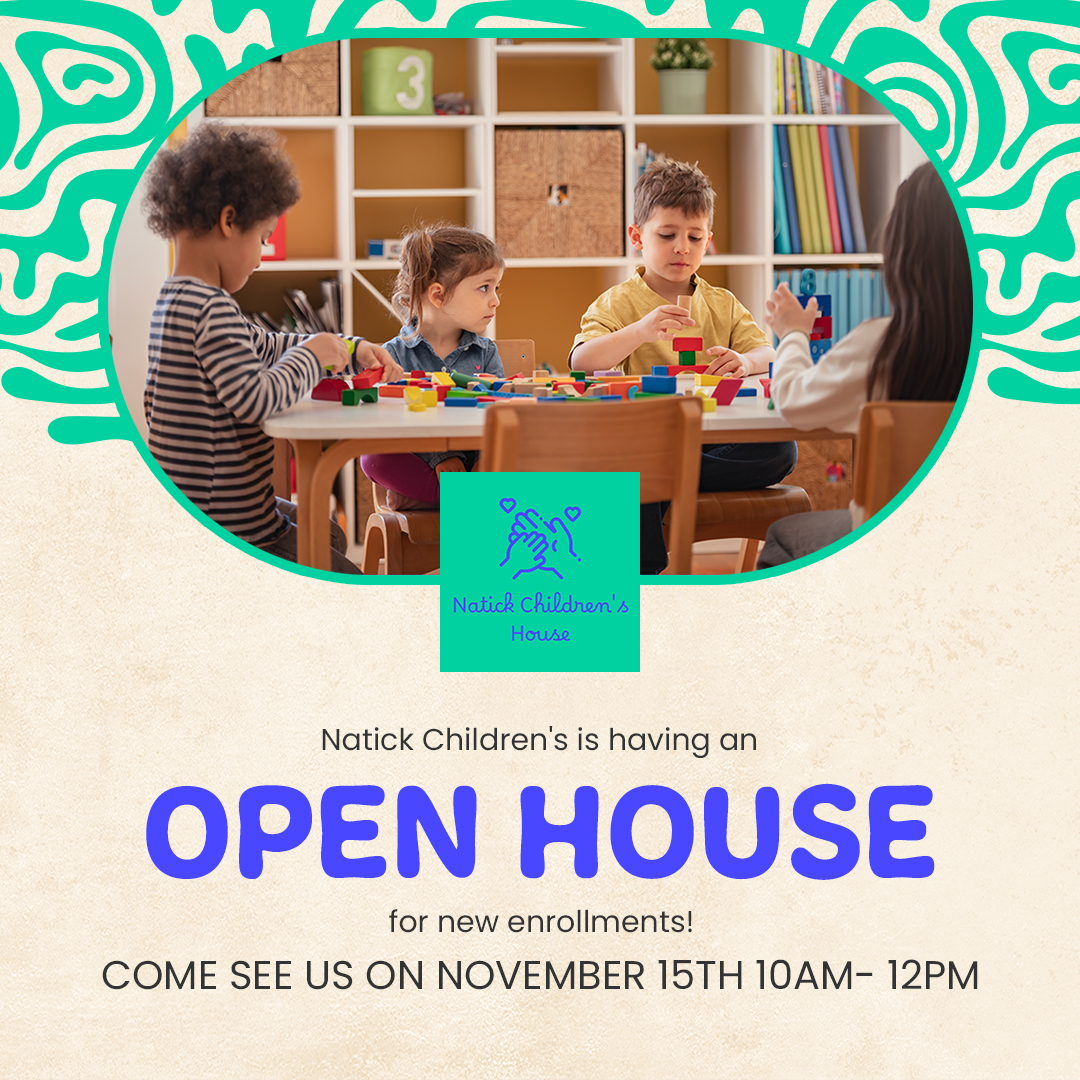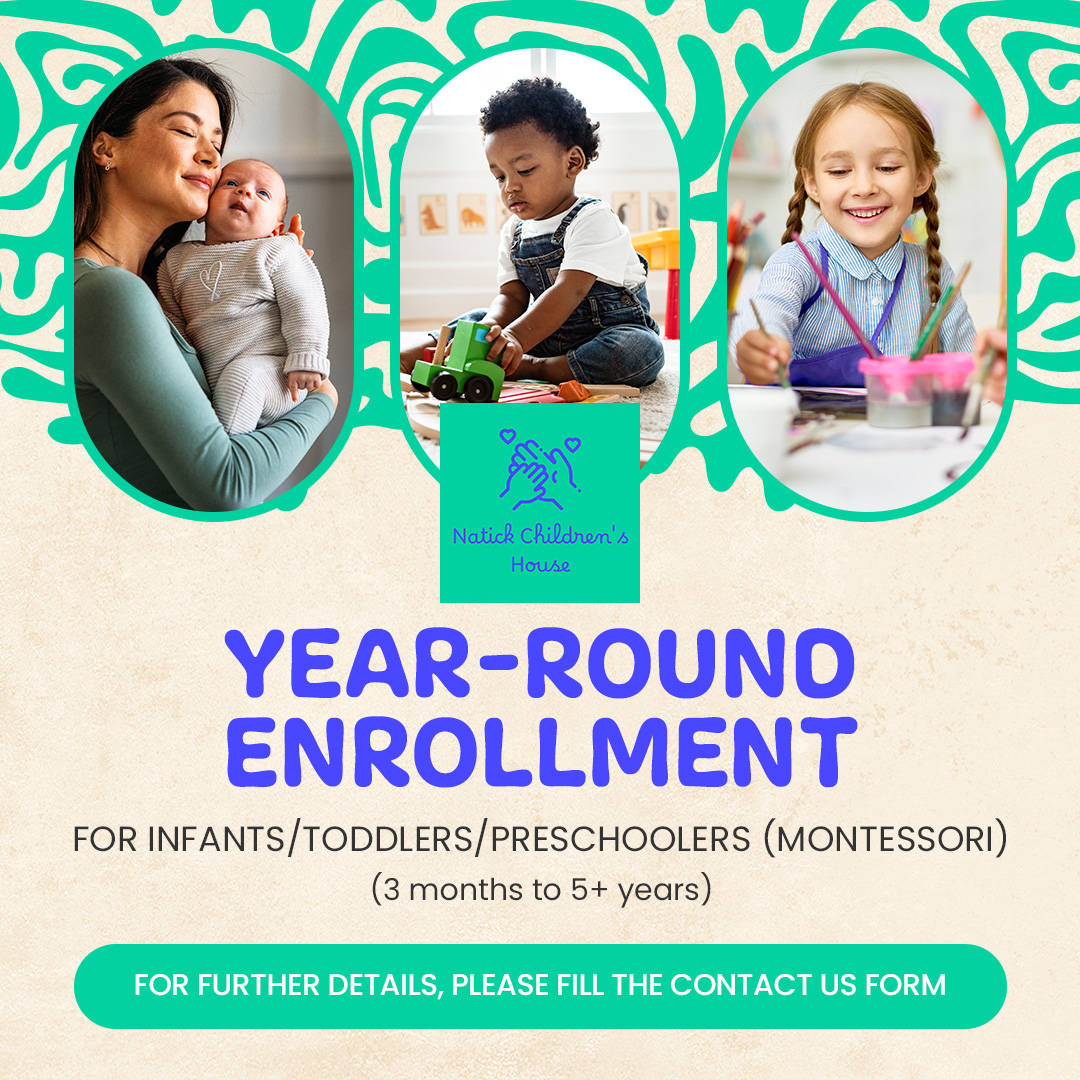Natick Children's House Blog
Learn more about child care provider care in our blog!

When it comes to your child’s education, the environment in which they learn plays a pivotal role in shaping their academic and personal growth. Smaller schools, like Natick Children’s House, offer unique advantages that foster a more personalized and enriching learning experience. Coupled with the principles of the Montessori Method, smaller schools create a nurturing space where children thrive academically, socially, and emotionally.

In today’s interconnected world, cultural diversity is more relevant than ever, especially within educational environments. At Natick Children's House, we celebrate and embrace the unique qualities that each child brings to our classroom, including their cultural backgrounds, traditions, and perspectives. This diversity enriches our learning environment, fostering a space where curiosity, respect, and understanding thrive. Here’s why cultural diversity is so valuable and how it positively impacts children in the classroom.

In a classroom, teachers play a unique and vital role. They are not just instructors delivering lessons, but rather guides, observers, and facilitators of each child’s individual learning journey. This approach sets Montessori education apart from traditional educational models, and understanding the role of Montessori teachers can provide insight into why this method fosters independence, curiosity, and a lifelong love of learning.

Early childhood education plays a crucial role in a child's cognitive, social, and emotional development. Preschool provides a structured learning environment that helps children acquire essential skills, such as communication, problem-solving, and self-regulation. These foundational abilities not only prepare children for the academic challenges of kindergarten and beyond but also lay the groundwork for their future success in life.

As a parent, you want to provide your child with the best possible start in life. One of the most effective ways to do this is through hands-on learning, which has been shown to be a powerful tool for early childhood development. Hands-on learning is an approach that encourages children to actively engage with their environment, explore, and discover new concepts through direct experience.







